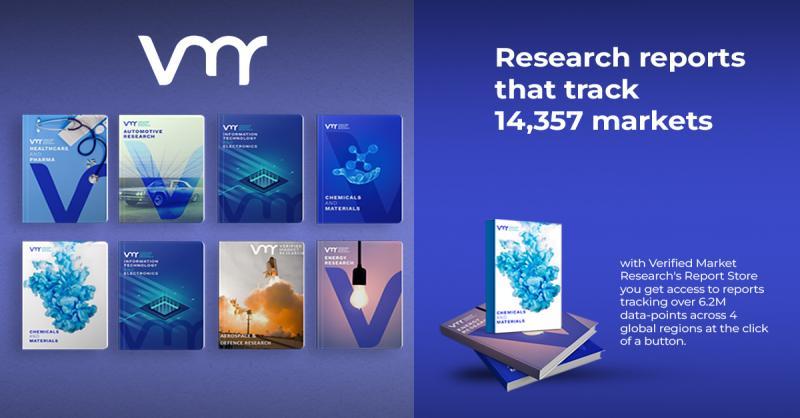AI-Driven Evolution in India’s Industrial Automation Market
The India Industrial Automation Market, valued at USD 13.26 billion in 2023 and projected to reach USD 38.74 billion by 2031, is rapidly evolving under the influence of artificial intelligence. With a CAGR of 14.26% between 2024 and 2031, this growth is powered by the increasing integration of AI technologies that enhance efficiency, accuracy, and scalability across industrial sectors. AI’s role is no longer confined to auxiliary functions—it is becoming the backbone of strategic, data-driven automation.
Redefining Workforce Roles Through Intelligent Automation
AI is transforming the structure of industrial workforces by shifting focus from repetitive manual operations to technologically enabled roles. Traditional job functions are being replaced or augmented by tasks involving intelligent process control, predictive analytics, and adaptive system management. This transformation is fostering a workforce that blends technical expertise with data-driven decision-making skills. As industries adopt AI-integrated automation tools, operational teams are evolving toward proactive monitoring and optimization rather than reactive maintenance.
AI as a Catalyst for Strategic Decision-Making
AI integration is revolutionizing how strategic decisions are made in industrial environments. Unlike conventional systems that rely on static programming, AI-powered automation continuously analyzes real-time data to adjust production parameters dynamically. This adaptive intelligence enhances responsiveness to market demands, equipment performance, and environmental changes. The result is a new level of operational agility that empowers managers to make faster, evidence-based strategic choices.
Growing Market Interest in Adaptive Automation Frameworks
The surge in online search interest for AI automation in India reflects the industry’s increasing shift toward flexible and intelligent manufacturing systems. Companies are seeking scalable solutions that offer predictive insights, minimize downtime, and optimize resource utilization. This trend marks a clear departure from rigid automation setups toward AI-driven ecosystems capable of continuous learning and self-improvement—creating a foundation for smarter, more resilient industrial growth.
Conclusion: Building a Smarter Industrial Future
As AI continues to influence automation strategies in India, the future of industrial operations lies in collaboration between humans and intelligent systems. The convergence of data analytics, machine learning, and automation is not only reshaping production efficiency but also redefining workforce competencies. This ongoing transformation signifies a decisive move toward an agile, insight-driven industrial era powered by AI.


